flower in the crannied wall meaning?
"Flower in the crannied wall" is a phrase from a poem by Alfred Lord Tennyson. The meaning of this phrase is that even the smallest and seemingly insignificant things in nature, such as a flower growing in a crack in a wall, can be beautiful and meaningful. It suggests that we should take the time to appreciate the small things in life and find beauty in unexpected places. The poem as a whole explores the idea of finding beauty and meaning in nature, and encourages the reader to take a moment to appreciate the world around them.
1、 Nature and its significance in literature
The "flower in the crannied wall" is a metaphor used by Alfred Lord Tennyson to express the idea that even the smallest and seemingly insignificant things in nature have a purpose and beauty. This metaphor highlights the significance of nature in literature, as it has been a source of inspiration for writers throughout history.
Nature has been a recurring theme in literature, from the Romantic poets who celebrated its beauty and power, to contemporary writers who explore its relationship with humanity and the environment. In literature, nature is often used as a symbol of freedom, renewal, and the cycle of life. It can also represent the sublime, the mysterious, and the unknown.
In recent years, the significance of nature in literature has taken on a new urgency as the world faces environmental challenges such as climate change and biodiversity loss. Many writers are using their work to raise awareness of these issues and to advocate for the protection of the natural world.
Overall, the "flower in the crannied wall" meaning of nature in literature is that it is a source of beauty, inspiration, and meaning. It reminds us of our connection to the natural world and the importance of preserving it for future generations.

2、 Victorian poetry and its themes
"Flower in the crannied wall" is a famous poem by Alfred Lord Tennyson, a prominent Victorian poet. The poem is a reflection on the beauty and wonder of nature, and how even the smallest things can hold great significance. The flower in the crannied wall represents the idea that there is beauty and meaning in everything, even in the most unexpected places.
Victorian poetry, in general, was characterized by a focus on nature, love, and spirituality. Poets of this era often used nature as a metaphor for human emotions and experiences. They also explored themes of love and romance, often in a sentimental and idealized way. Additionally, many Victorian poets were deeply religious and explored spiritual themes in their work.
However, the meaning of Victorian poetry and its themes has evolved over time. While the focus on nature and spirituality remains relevant, contemporary readers may also interpret Victorian poetry through a more critical lens. For example, some scholars have analyzed Victorian poetry as a reflection of the social and political issues of the time, such as the impact of industrialization and the changing role of women in society.
Overall, the themes of Victorian poetry continue to resonate with readers today, as they explore universal human experiences and emotions. The idea of finding beauty and meaning in unexpected places, as expressed in "Flower in the crannied wall," remains a powerful and relevant message.

3、 Symbolism in poetry
"Flower in the crannied wall" is a poem by Alfred Lord Tennyson that explores the idea of finding beauty in unexpected places. The poem is a perfect example of symbolism in poetry, as it uses the image of a small flower growing in a crack in a wall to represent the idea that beauty can be found in even the most unlikely of places.
The poem suggests that we should take the time to appreciate the small things in life, and that even the tiniest of things can have great significance. The flower in the crannied wall is a symbol of hope and resilience, as it manages to grow and thrive in a place where it shouldn't be able to survive.
In addition to its symbolic meaning, the poem also has a deeper philosophical message. It suggests that we should look beyond the surface of things and try to see the beauty that lies beneath. This is a message that is particularly relevant in today's world, where we are often too busy to stop and appreciate the world around us.
Overall, "Flower in the crannied wall" is a beautiful and thought-provoking poem that reminds us of the importance of finding beauty in unexpected places. Its message is timeless and continues to resonate with readers today, making it a true classic of English literature.
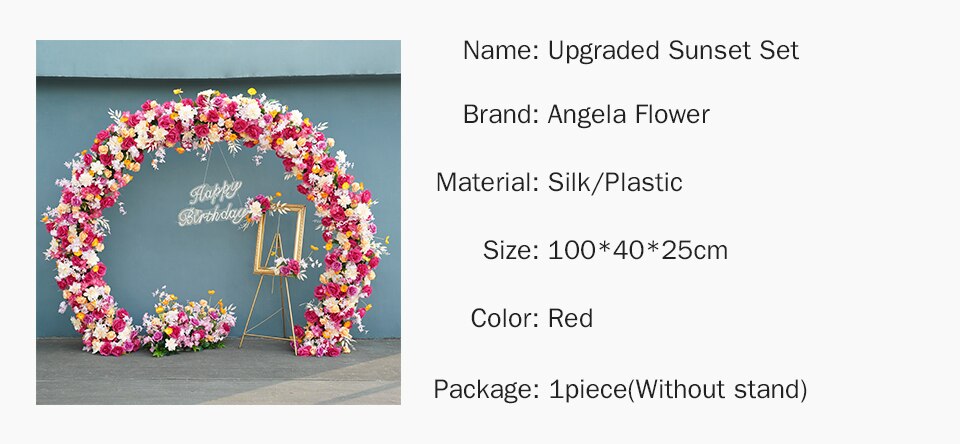
4、 The role of observation in poetry
The poem "The Flower in the Crannied Wall" by Alfred Lord Tennyson highlights the importance of observation in poetry. The poem suggests that even the smallest and seemingly insignificant things in nature can hold great meaning and beauty. The flower in the crannied wall represents the idea that poetry can be found in the most unexpected places, and that it is the poet's role to observe and capture these moments.
Observation is a crucial aspect of poetry, as it allows the poet to connect with their surroundings and find inspiration in the world around them. By paying close attention to the details of their environment, poets can create vivid and meaningful descriptions that resonate with readers. This is particularly important in today's world, where people are often disconnected from nature and the natural world.
In recent years, there has been a growing interest in eco-poetry, which focuses on the relationship between humans and the environment. This type of poetry often emphasizes the importance of observation and encourages readers to connect with nature on a deeper level. By highlighting the beauty and fragility of the natural world, eco-poetry can inspire readers to take action to protect the environment.
Overall, the role of observation in poetry is essential, as it allows poets to capture the beauty and meaning of the world around them. Whether through traditional nature poetry or more contemporary eco-poetry, observation remains a crucial aspect of the poetic process.






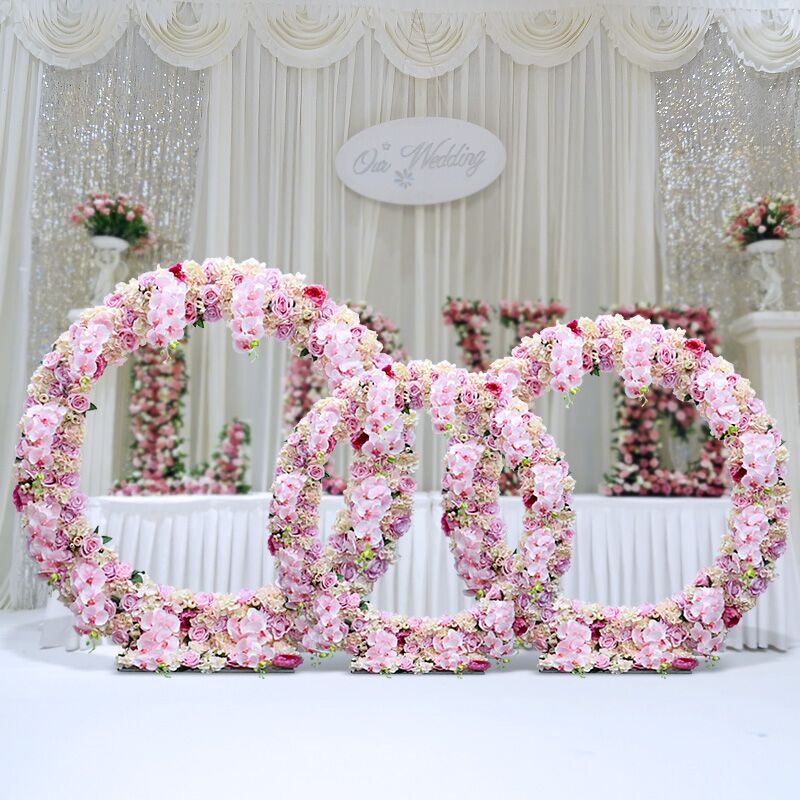
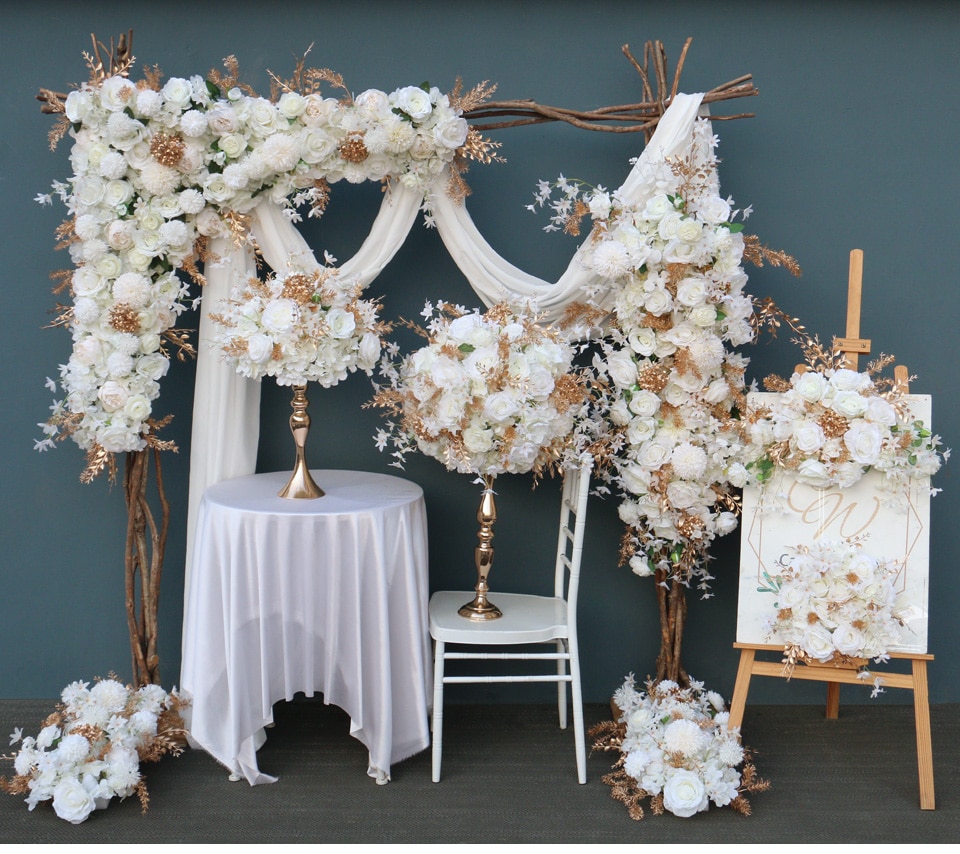
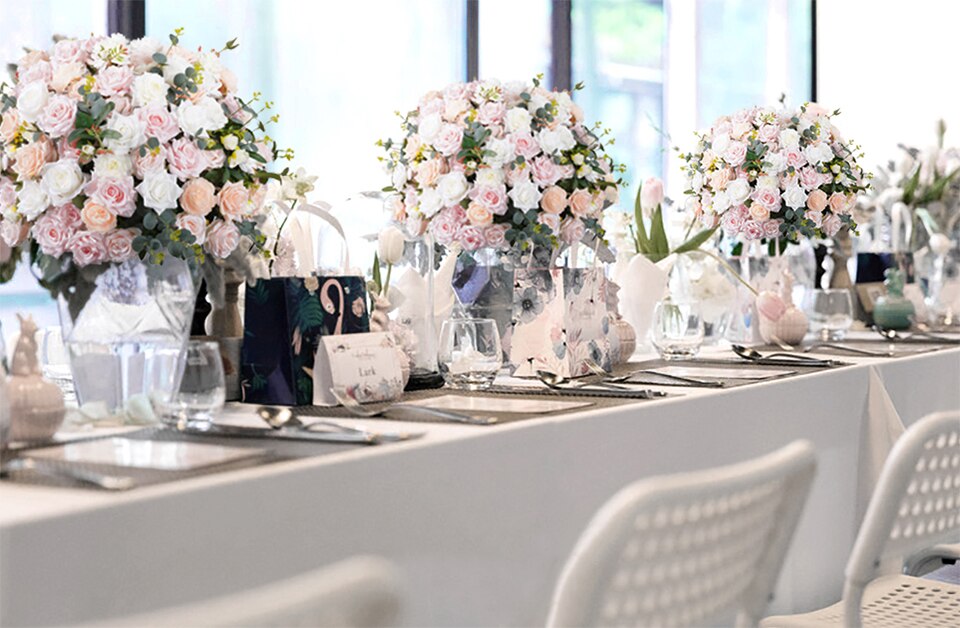
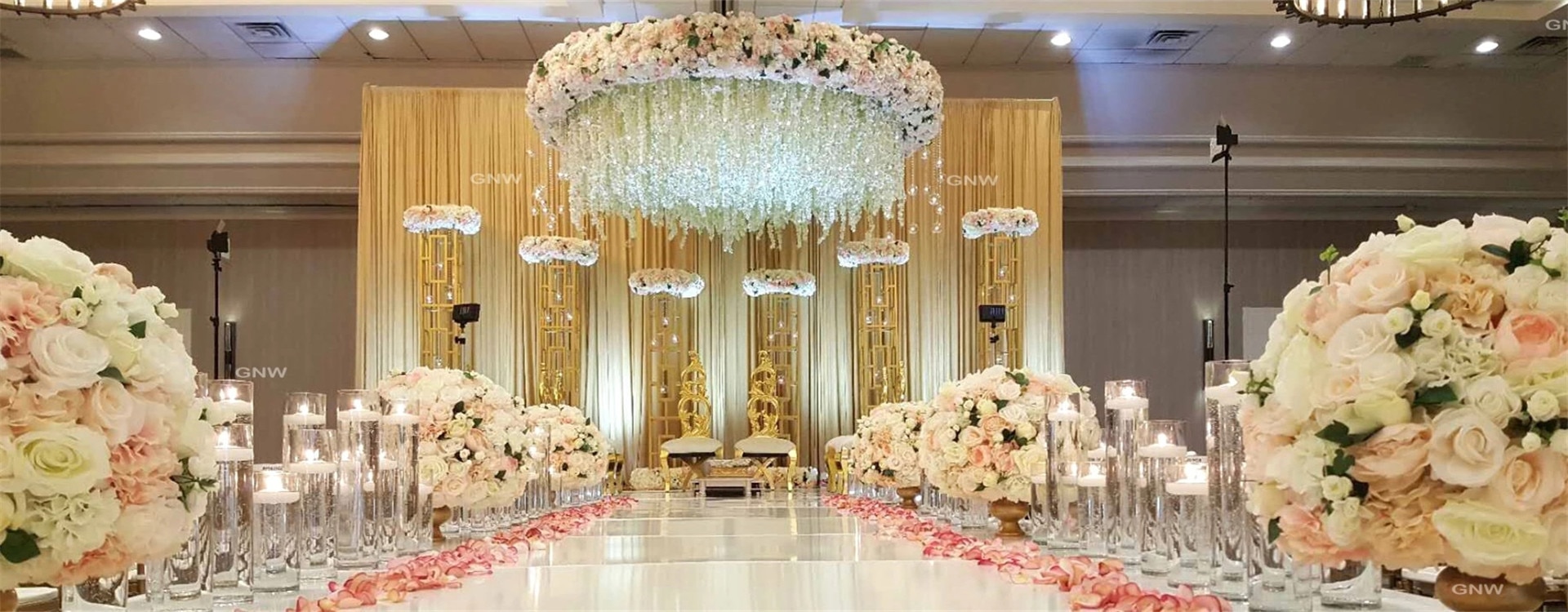

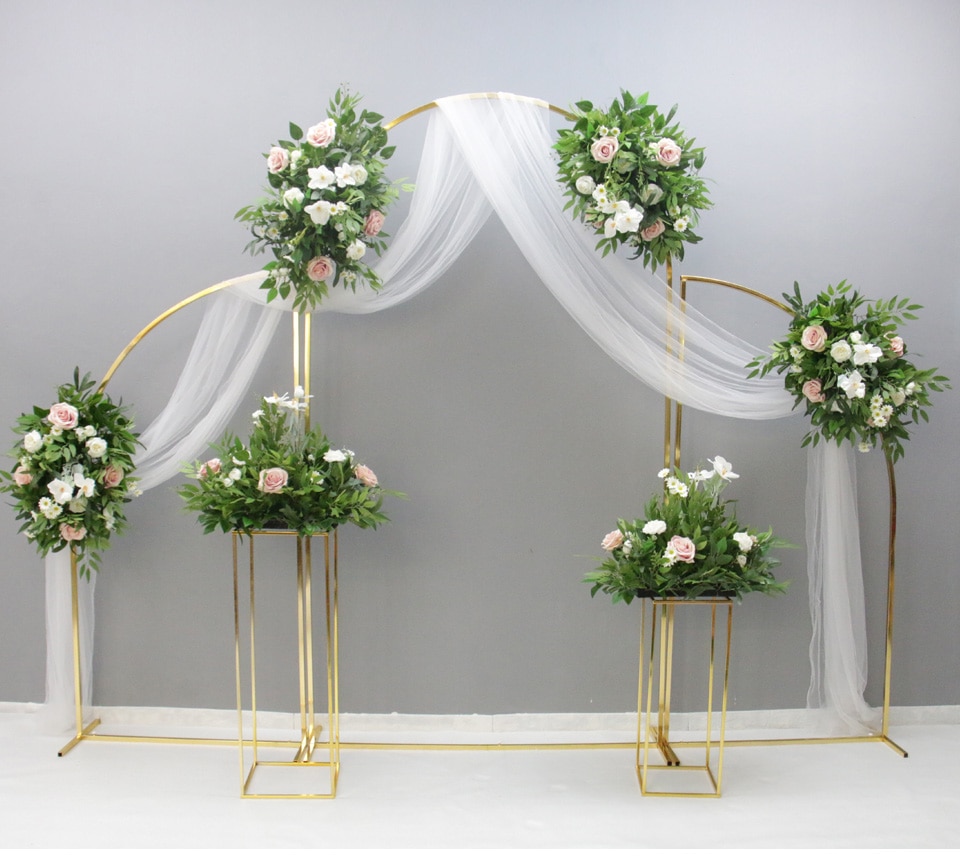



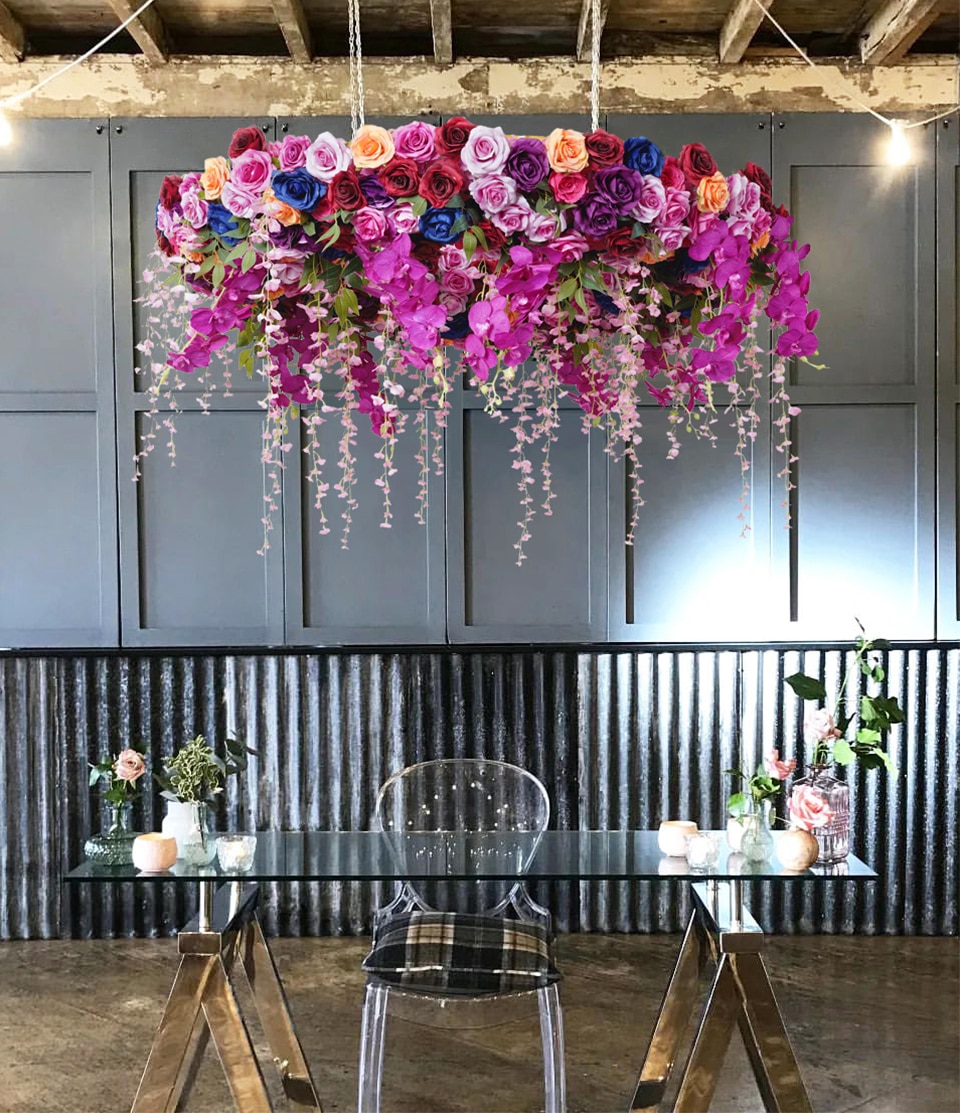






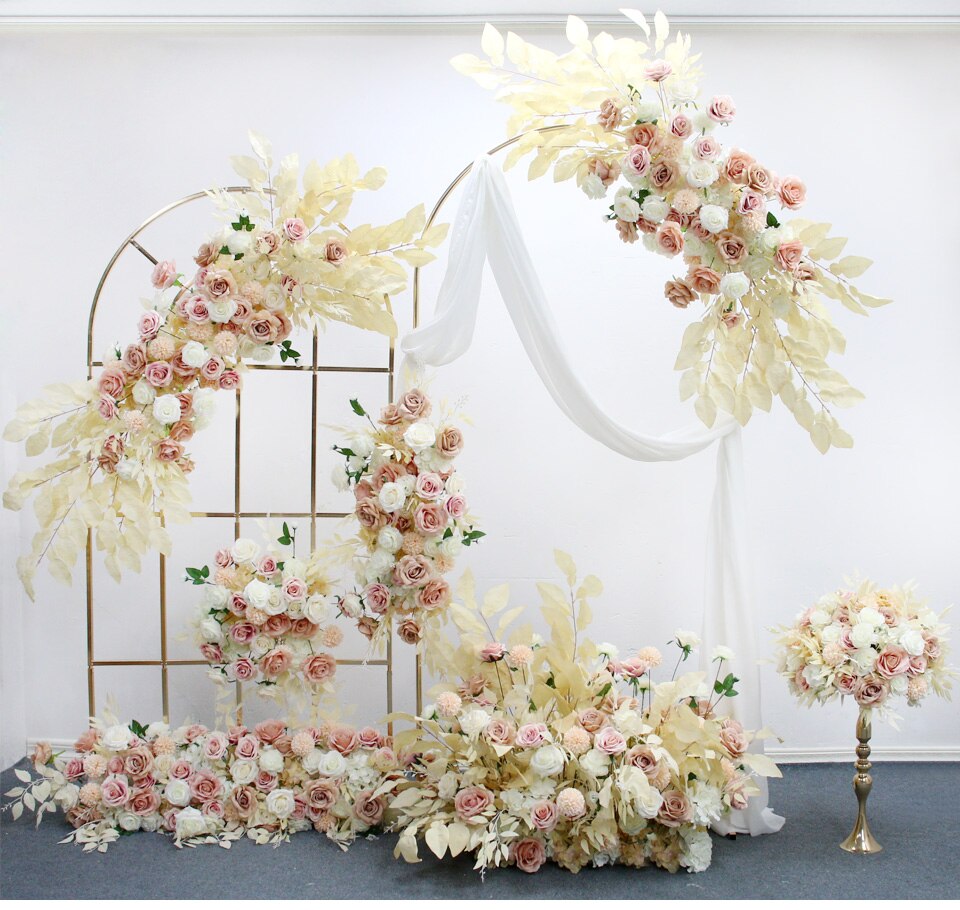




















Leave your comment